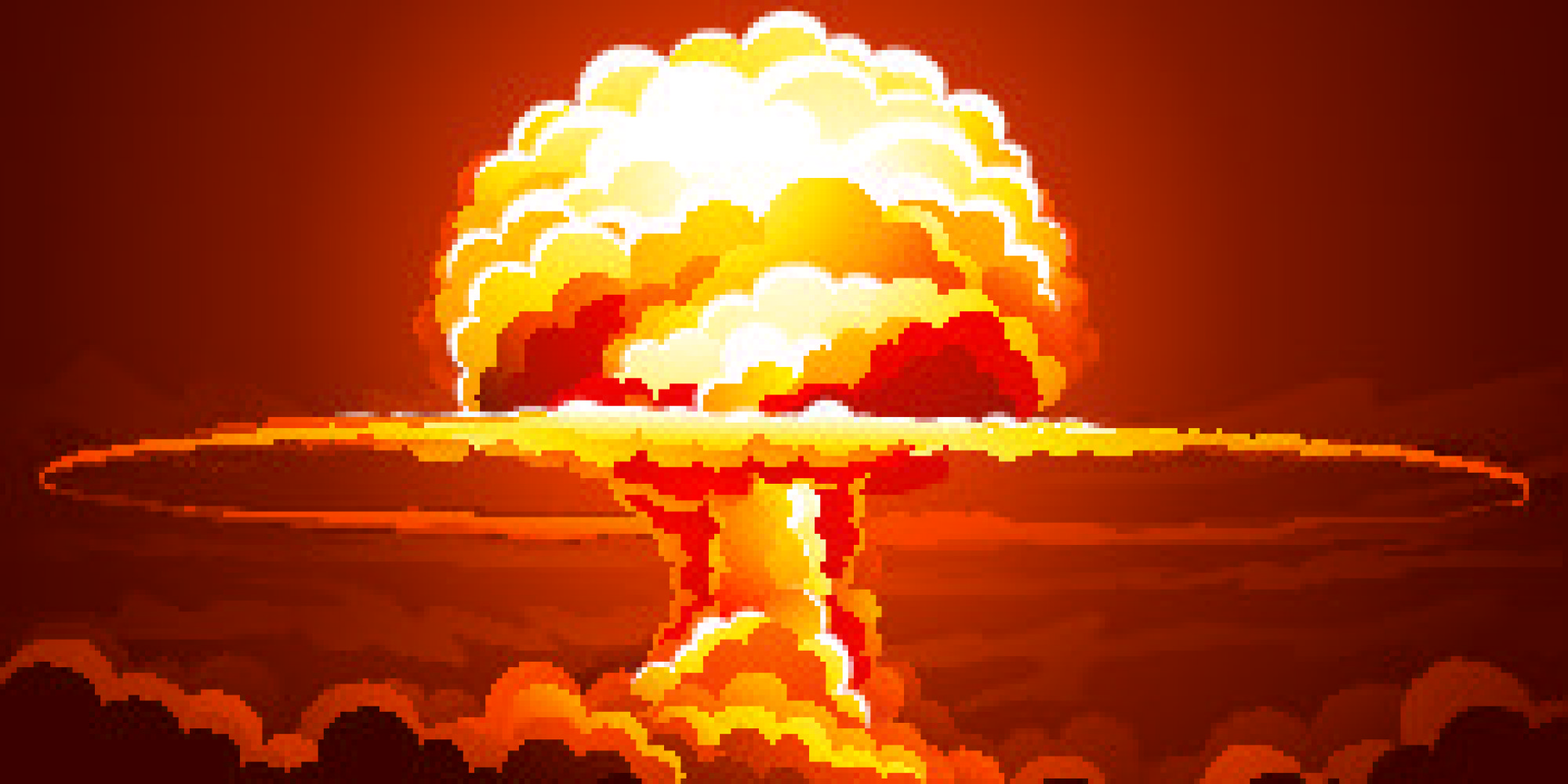Week [5th-11th January]

The regular nuclear bombs work on fission reaction in which a small capsule of plutonium is surrounded by strong explosives. When they set off, the plutonium implodes and becomes supercritical: where a neutron can penetrate and destabilise a plutonium nucleus, causing it to break apart, release energy and more neutrons, which break down more nuclei and release more neutrons, and so on.
While a hydrogen bomb is based on fusion reaction. In it a fission reaction is initially done to start the process for fusion.When the triggering fission happens, the reaction releases a copious amount of hot gases, neutrons, a plasma of the surrounding as well as fissile material and X-rays. A well-modelled bomb succeeds in directing these four things toward the material to be fused in the right way, especially the X-rays. They heat up the shell and cause it to fly off at great speeds. The resulting recoil, i.e. radiation-implosion, compresses the material and causes it to fuse, releasing 10 times more energy than would be in a fission reaction.
